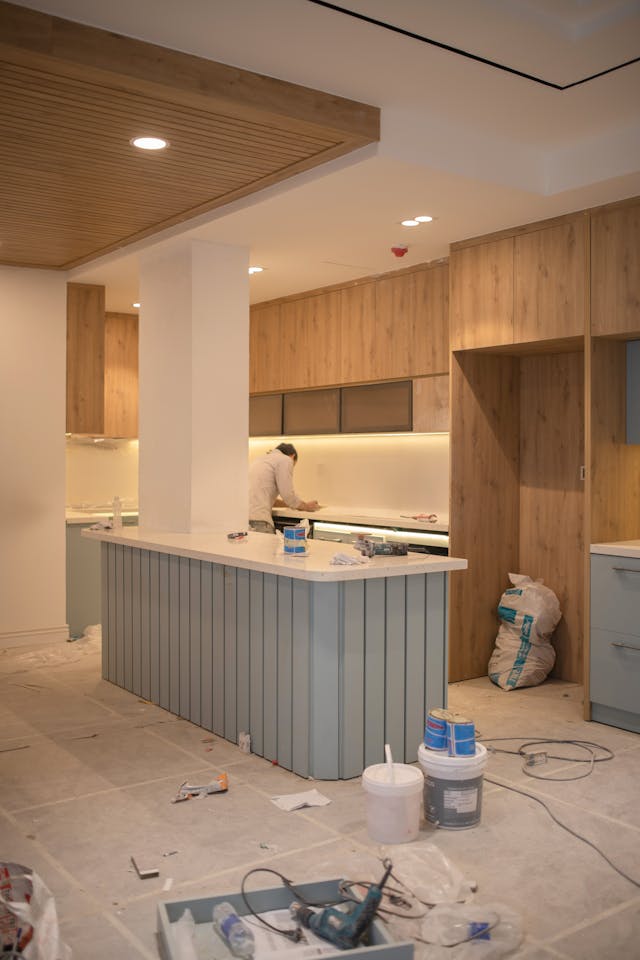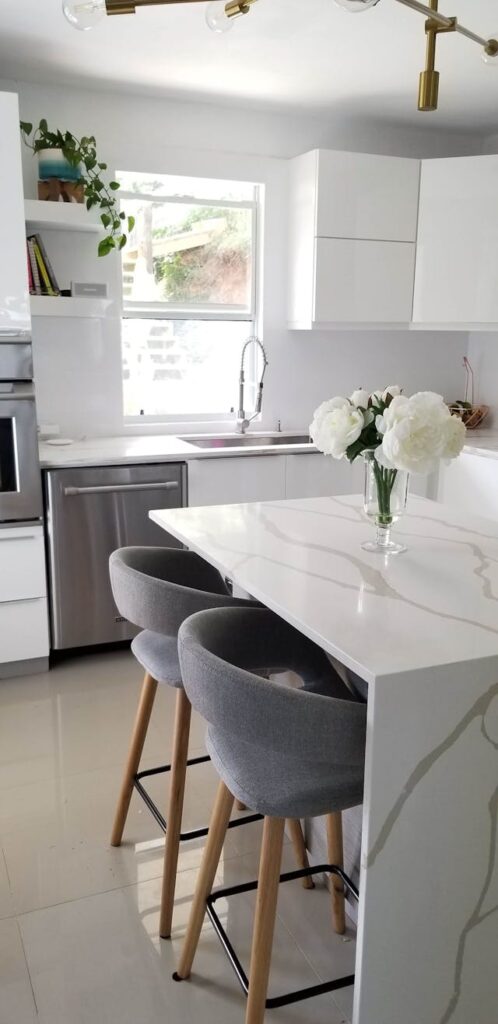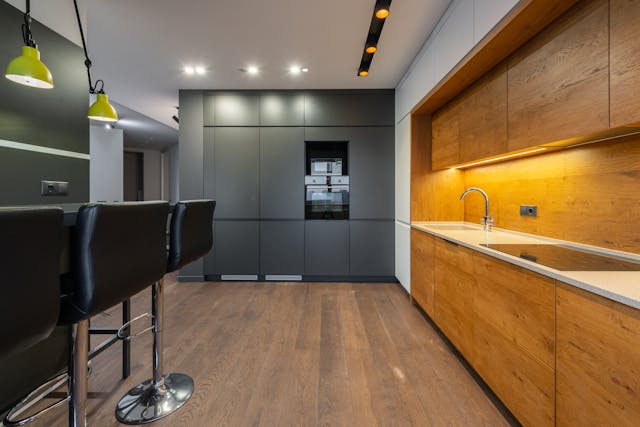Remodeling in Miami: Miami is known for its vibrant culture, stunning architecture, and ever-evolving skyline. Whether you are a homeowner looking to update your living space or a business owner seeking to enhance your commercial property, remodeling in Miami requires careful planning and consideration. Choosing the right remodeling company is crucial for ensuring a successful transformation of your property. This guide will walk you through the key aspects to consider when hiring a remodeling company in Miami.
1. Understanding Your Remodeling Needs
Before hiring a remodeling company, it is essential to define your objectives. Ask yourself the following questions:
- What is the purpose of the remodel? (e.g., improving functionality, increasing property value, enhancing aesthetics)
- What specific areas need remodeling? (e.g., kitchen, bathroom, living spaces, exterior)
- What is your budget range?
- Do you have a timeline for completion?
- Are there any permits required for the renovation?
Understanding your goals will help you communicate effectively with potential contractors and avoid misunderstandings.


2. Finding a Reliable Remodeling Company
Miami has a competitive remodeling market, and choosing the right company can be overwhelming. Here are key factors to consider:
a) Licensing and Certifications
Ensure the remodeling company holds the necessary licenses and certifications required by the state of Florida. A licensed contractor will comply with local building codes and safety regulations. Check for:
- Florida State Contractor License
- Miami-Dade County Permits (if applicable)
- Certifications from professional organizations such as the National Association of the Remodeling Industry (NARI)
b) Experience and Specialization
Look for a company with extensive experience in remodeling projects similar to yours. A specialized contractor will have the skills and knowledge required for:


- Residential renovations
- Commercial Remodeling
- Kitchen and bathroom upgrades
- Exterior renovations
- Structural modifications
c) Remodeling in Miami: Portfolio and References
A reputable remodeling company should provide a portfolio of past projects. Request references and contact previous clients to inquire about their experience, the quality of work, and the company’s professionalism.
d) Insurance and Liability Coverage
Remodeling projects come with risks, including potential damage to property or worker injuries. Ensure the contractor has the following:
- General liability insurance
- Workers’ compensation insurance
- Property damage insurance
This protects you from unexpected liabilities during the project.
e) Transparent Pricing and Contracts
Avoid contractors who provide vague estimates. Request detailed, itemized quotes outlining:
- Material costs
- Labor charges
- Permitting fees
- Payment schedule
- Completion timeline
- Potential additional costs
A written contract should be in place before work begins to prevent disputes later.
3. The Importance of a Well-Defined Project Plan
A well-structured project plan helps keep your remodeling on track. Discuss the following with your contractor:
- Design and Layout: Collaborate with an architect or interior designer to finalize plans.
- Permitting Process: Ensure all necessary permits are secured before starting work.
- Material Selection: Choose high-quality materials suited for Miami’s climate.
- Timeline: Set realistic milestones and deadlines.
- Contingency Planning: Account for unexpected delays and additional costs.
4. Sustainable and Energy-Efficient Remodeling
Miami’s climate can be hot and humid, making energy efficiency essential in remodeling. Consider:
- Installing energy-efficient windows and doors to reduce cooling costs
- Using sustainable materials such as bamboo, reclaimed wood, and recycled steel
- Incorporating smart home technology for lighting, security, and climate control
- Upgrading insulation to improve temperature regulation
5. Navigating Miami’s Unique Building Challenges
Miami’s location presents unique remodeling challenges that should be addressed:
a) Hurricane-Resistant Construction
With Miami’s vulnerability to hurricanes, ensure your remodel includes:
- Impact-resistant windows and doors
- Reinforced roofing and walls
- Proper drainage systems to prevent flooding
b) Complying with Zoning Laws and Building Codes
Miami-Dade County has strict zoning laws. Verify that your remodeling project adheres to the following:
- Setback requirements
- Historic preservation guidelines (if applicable)
- Commercial property zoning restrictions
c) Dealing with High Humidity and Salt Air
Miami’s coastal environment can lead to material degradation. Use:
- Rust-resistant materials such as stainless steel and aluminum
- Moisture-resistant paint and coatings
- Proper ventilation systems to prevent mold and mildew
6. Remodeling in Miami: Budgeting and Financing Options
Home and business renovations can be expensive, so financial planning is essential. Consider:
a) Setting a Realistic Budget
Break down costs into essential and optional expenses. Allocate a contingency fund of at least 10-20% for unexpected issues.
b) Exploring Financing Options
Miami homeowners have multiple financing options for remodeling projects:
- Home Equity Loans: Borrow against your home’s value
- FHA 203(k) Loans: Government-backed loans for renovations
- Personal Loans: Suitable for more minor projects
- Business Grants and Loans: Available for commercial renovations
c) Maximizing Return on Investment (ROI)
If remodeling for resale, focus on projects with the highest ROI, such as:
- Kitchen upgrades
- Bathroom renovations
- Energy-efficient improvements
- Curb appeal enhancements (landscaping, exterior paint, new windows)
7. Managing the Remodeling Process
Once your project begins, staying involved is key to its success.
a) Regular Communication with Contractors
Schedule frequent updates with your remodeling team to:
- Monitor progress
- Address any issues promptly
- Ensure adherence to the agreed-upon timeline
b) Keeping Track of Expenses
Maintain records of invoices, payments, and receipts to ensure financial transparency.
c) Conducting Quality Inspections
Before making final payments, conduct a thorough inspection to ensure all work meets your expectations and contractual agreements.
8. Finalizing the Project and Post-Remodeling Maintenance
Once the remodeling is complete:
- Walk through with the contractor to identify any necessary touch-ups
- Obtain warranties and guarantees on labor and materials
- Plan for maintenance to preserve the longevity of your remodel
- Hire a professional cleaning service to remove construction debris
Conclusion
Remodeling in Miami requires careful planning, the right contractor, and understanding local building challenges. By taking the time to research and prepare, homeowners and business owners can achieve stunning, functional, and durable renovations that add long-term value to their properties. Whether upgrading a home or revitalizing a commercial space, following these guidelines will ensure a smooth and successful remodeling experience.

No responses yet